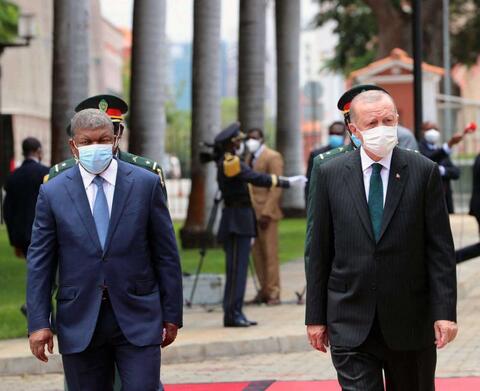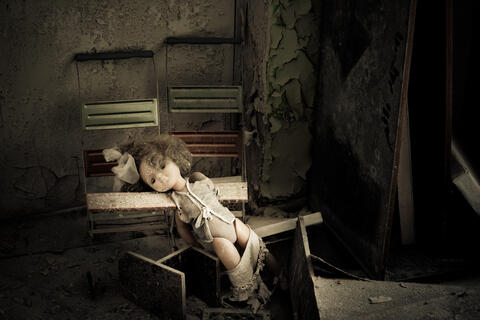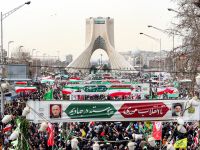France announced the closure of seven more mosques and associations by the beginning of 2022 over suspects of promoting “radical Islamism,” French interior minister said on Tuesday.
Gerald Darmanin welcomed the decision to close a mosque in the city of Allonnes for six months on the grounds that it defends "radical Islam.”
France closes nearly 30 mosques in less than a year. Abdennour Toumi from France joining us to talk about further France's action.
— ANews (@anews) October 26, 2021
Host @andyboyns
For more https://t.co/qNV33UYGpe pic.twitter.com/GDJKjA6p2O
Darmanin said that the bank accounts of the mosque's administrators were also seized, adding that 13 associations have been closed in the country since President Emmanuel Macron took office.
Noting that 92 of the 2,500 mosques in the country were closed as a result of inspections, Darmanin said that since September 2020, the residence permits of 36,000 foreigners have been canceled on the grounds that these individuals threaten public order.
Anti-separatism law
In August, France’s highest constitutional authority approved a controversial “anti-separatism” law that has been criticized for singling out Muslims, striking down just two of its articles.
The bill was passed by the National Assembly in July, despite strong opposition from both rightist and leftist lawmakers.
The government claims that the legislation is intended to strengthen France's secular system, but critics believe that it restricts religious freedom and marginalizes Muslims.
The bill has been criticized for targeting France's Muslim community – the largest in Europe, with 3.35 million members – and imposing restrictions on many aspects of their lives.
The law allows officials to intervene in mosques and associations responsible for their administration as well as control the finances of Muslim-affiliated associations and non-governmental organizations (NGOs). It also restricts the educational choices of Muslims by making homeschooling subject to official permission.
France to close 7 more mosques, associations by end of 2021 https://t.co/HC4k1fzSES pic.twitter.com/hIg7oC1Jjg
— ANADOLU AGENCY (@anadoluagency) October 27, 2021
Under the law, patients are prohibited from choosing their doctors based on gender for religious or other reasons and "secularism education" has been made compulsory for all civil servants.
France has been criticized by international organizations and NGOs, especially the UN, for targeting and marginalizing Muslims with the law.
This article has been adapted from its original source.










